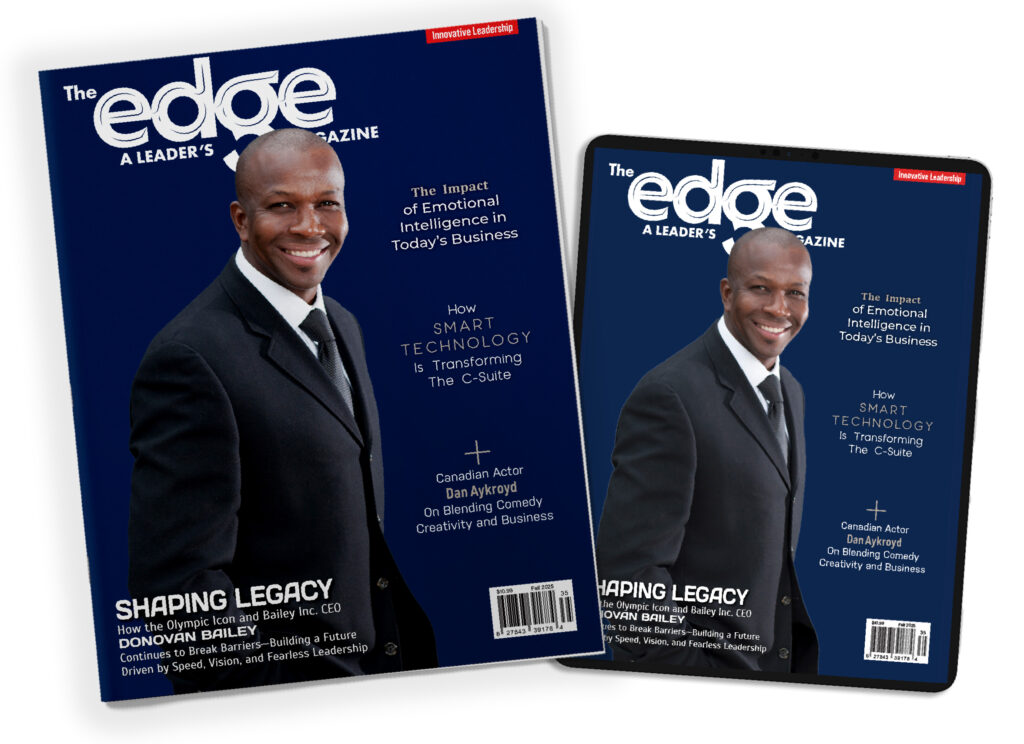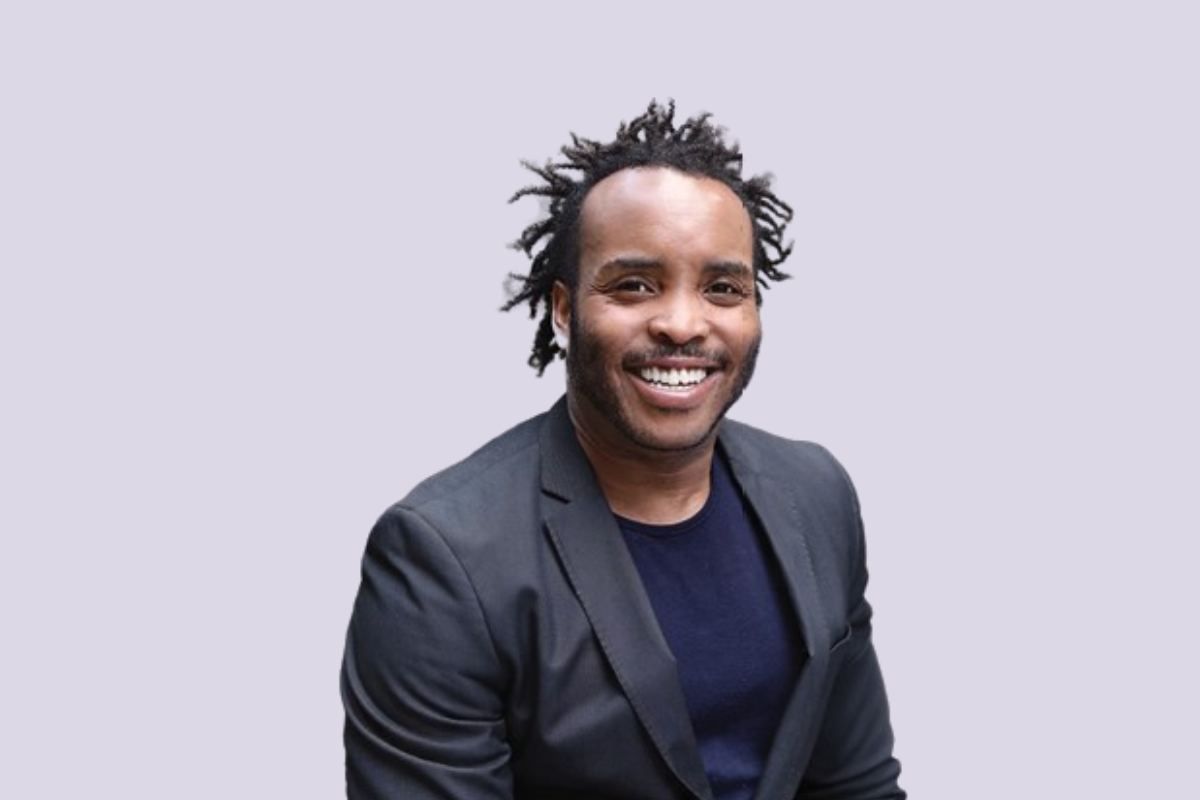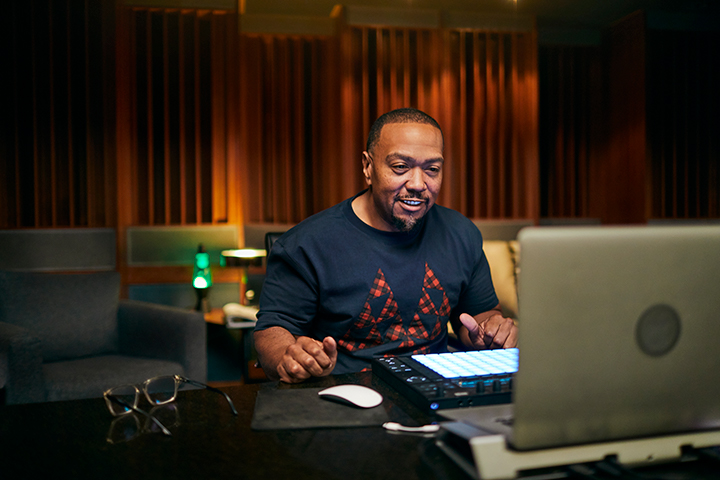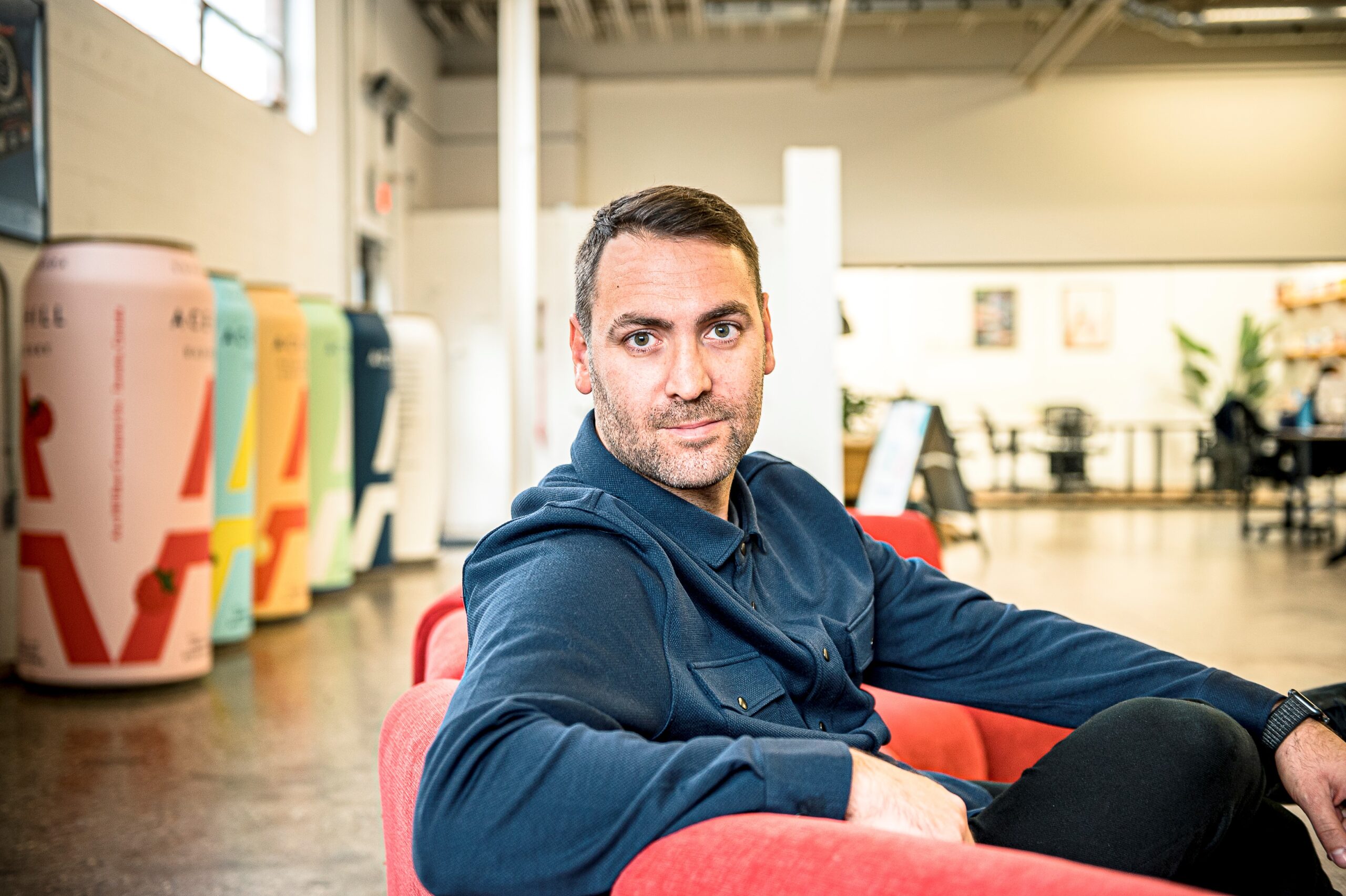The odds, it seems, are largely against you. A study by IG Wealth Management learned that nearly 60 per cent of Gen Z and 30 per cent of Millennials have not started saving for retirement. Even less in the former generation, 35 per cent, consider it a financial priority. Worse still, it’s not as though there’s a fixed amount of money that everyone needs to comfortably retire. That number is going to rely on a number of various factors including inflation and your own personal lifestyle. Those of Gen Z that are saving only have a median $33,000 stored away, as opposed to a Boomer’s $162,000.
Retirement can feel like a lifetime away, but it’s always critical to have some sort of plan, even if it needs readjustment over the years. Here’s how to start saving for retirement in your 20s and 30s.
Get Into The Saving Mindset
Entering the workforce for the first time can be a harrowing, stressful experience. You suddenly have to balance rent and other bills while trying to seek out some degree of relaxation for yourself. Starting to think about retirement that early can seem like you’re just adding to the stress. It’s useful, though, to at least think about a Roth IRA or another retirement account. Don’t get discouraged by the fact that your peers aren’t doing it themselves, it only means you’re a step ahead.
Find Out What Your Goals Are
How much you need to save for retirement is an immensely personal question for everyone. The faster you have a better idea of what that number may be, the better, but it’s not always a figure that you can arrive at yourself. At that point, you may want to look into hiring a financial advisor to make that determination.
Nevertheless, there are some facts and figures that you already know, such as:
– Your age and the age you plan to retire
– Your net income
– Your expenses
– How much you can afford to put away
– Plans for relocation after retirement
– Health records
These are all important aspects of retirement of which you’ll want to have a general idea.
Compound Interest Does Wonders
Compound interest may be the best reason to start saving early for retirement. Essentially, it’s the sum of money earned through interest on both money you’ve put away and the interest earned. It’s interest on top of interest. Using this helpful calculator will let you determine how much you need to put away and how much it’s expected to grow.
It’s Easier to Save a Little Early Than A Lot Later
A critical flaw in youthful thinking is that you always assume you have plenty of time. If you have access to an employer-retirement program, however, it’s unwise not to take advantage of it. Most employers will match your contributions, giving you a little extra at the end – and that little extra always helps.
Avoid the Lifestyle Creep
The lifestyle creep is a phenomenon that happens to us all, even if we don’t admit it. When entering the workforce, you may be blessed with a high-paying job, or at least have access to more money than you have previously. So you start to buy things, not because they’re necessary, but because the lifestyle of the job demands it. It’s easy to be tempted with exclusive seats and front row tickets, but it may be better to sit a few rows back anyway.
Invest Carefully
In the 1950s, only about four per cent of people owned stocks. Today, that number is somewhere around 150 million, though the playing field is far from fair. Investing can be an excellent source of income for retirement, but there are a number of factors to consider. The first, and most significant, is just how much you’re capable of losing while still working toward your goal.
Individual Retirement Account
Lastly, you always have to pay attention to just how much you’re being taxed when you retire. One of the downsides of a traditional Individual Retirement Account (IRA) is the required minimum distribution. If the account still exists when you’re over 72, you will be required to pay taxes on a specific amount of money you need to withdraw at the end of every year.
That’s why a Roth IRA is preferable. You’ll owe no taxes on the money you withdraw – but there are limitations on just who can have a Roth account.
Kenny Hedges | Contributing Writer



















